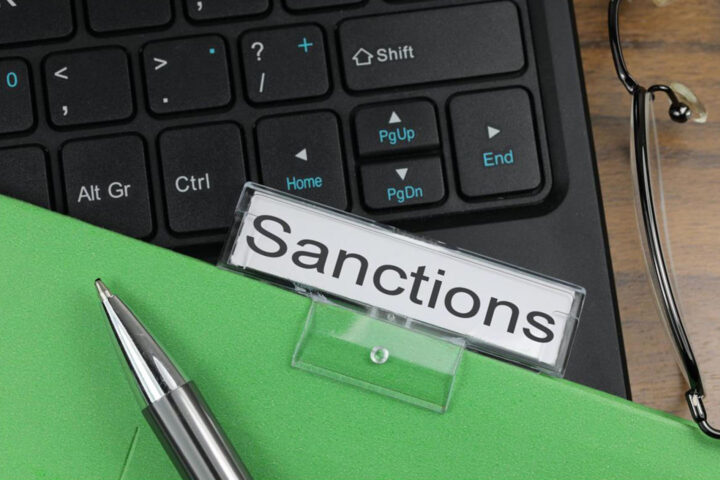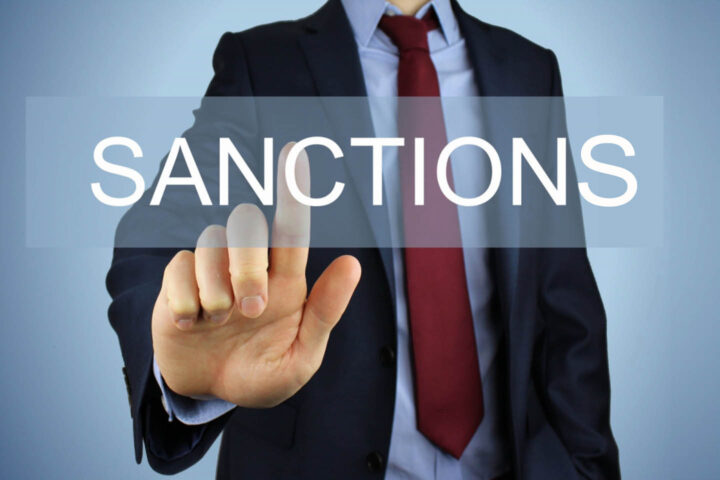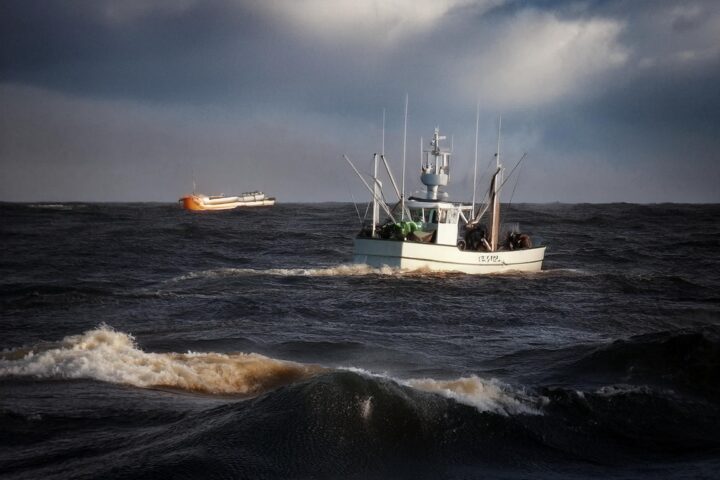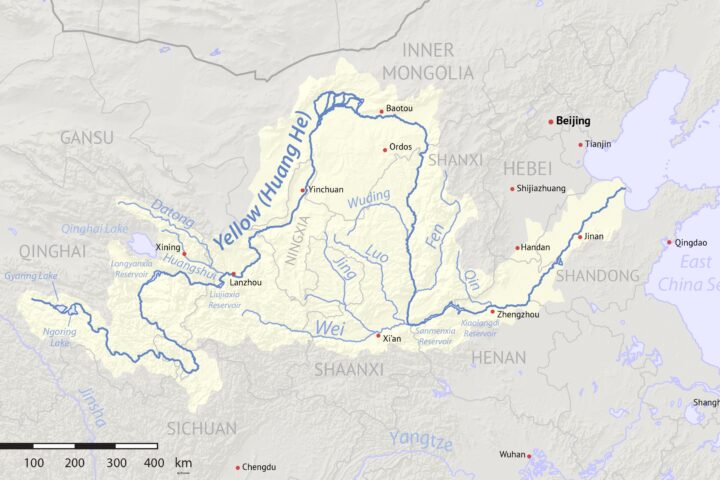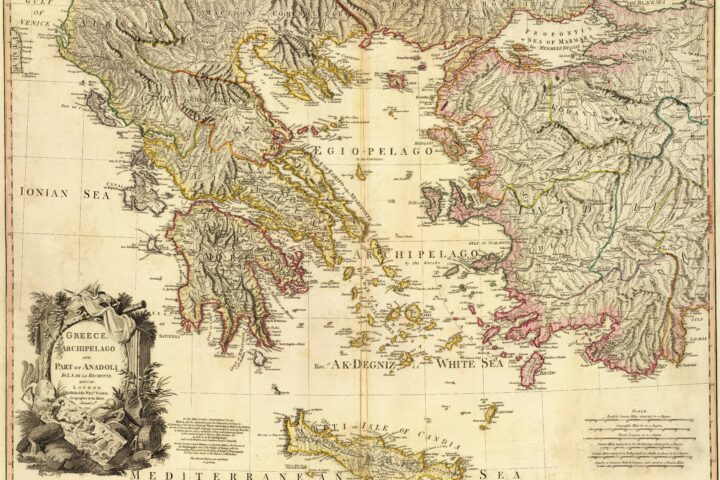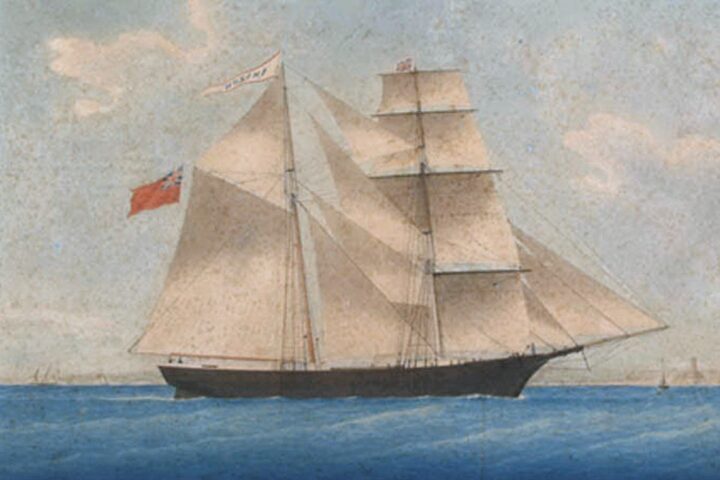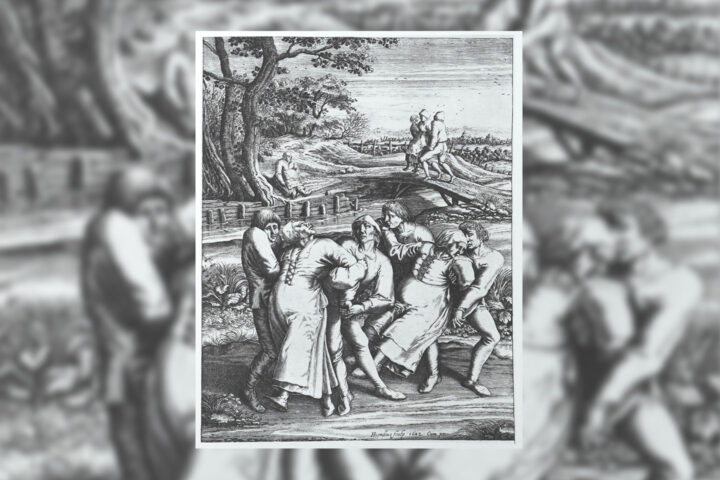If you have ever wondered how effective mass media is in terms of its international coverage, reading this article will help you understand what influences their reports.
With the study of International Relations pushing for involvement of nations as actors in the international scene, Mass Media comes in as the connection between the internal affairs of a country and the global environment. The Press and Mass Media in general is deeply intertwined with the theories and events in International Relations, both influencing the other in profound ways.
It is up to the media to report global conflicts, the nature of diplomatic ties, and international partnerships which shape the future of the world. Understanding such dynamics is what provides insights into the working of the world and different governments. But the impact goes both ways, and many events in the global scene have an effect on the integrity and coverage of the media.
Geopolitical alliances and Media Bias
Many-a-times geopolitical interests and alliances formed by their home countries put media outlets in a spot. This can lead to a loss of quality and coverage, or to over-the-top coverage of one single event while the other news gets hidden in the shadows. It mostly happens in the case of countries with strong diplomatic ties with the home country, which then gets more coverage and more attention from the media outlets.
The bias can also manifest in the form of different portrayals of a state, incomplete or biased framing of issues, and biased selection of stories. For instance, according to Stafford (2013), during the cold war, media from both sides “sort to produce, contribute and maintain political and cultural antagonism.”
As the Cold War period progressed, the media switched from radio and print to television. This was accompanied with media outlets adopting the role of the state’s ‘mouthpiece’ with their own respective interests to cater to. Carruthers (2011) mentions that “When American aspirations for European capitalism seemed threatened; media in both blocs jumped into action.”
The media had quickly sworn allegiance to the government policies and soon their content was politicized, scripted, and distributed to develop public support for the actions of the state.
Government influence
A lot of places with strict censorship policies imposed by the government can also lead to strained media coverage of important issues. In such situations, it is mostly seen that the government exerts control over what the public is consuming through the media. In situations like these, international events are downplayed, distorted or altogether omitted so as to align the news with diplomatic and political policies.
An article published by the Council on Foreign Relations recounts how the Chinese government plays into this example because of their censorship policies on both traditional as well as new media. They have included strict media controls such as monitoring systems and firewalls, punishments for dissident people, and closing down of publications in their policy of supervision and control.
The country was also ranked last out of 65 countries, for the second time in a row, by Freedom house in a poll regarding media freedom held in 2015 and 2016. This was because of the strict media production process of media there- the content is monitored to ensure “political acceptability”, circulated weekly from the government’s office, and then, sent to media providers.
The main shield- the Golden Shield Project- is the star in China’s online censorship policy which uses “large-scale use of Deep Packet Inspection technology to block access based on keyword detection.” 38 journalists had been jailed by 2017, Gmail is banned, and other social media sites like Facebook and Twitter have also been blocked as part of their censorship battle.
Economic interests
Economic interests between two countries are just as important and strong a barrier as the previous two reasons. If nations rely heavily upon other states for economic investments and trade, it can lead to more positive and favourable reporting. Media outlets will obviously try to avoid criticizing the other group for fear of ruining future business opportunities.
Mr. Jamal Khashoggi was a prominent journalist and critic from Saudi, who was murdered at the Saudi consulate located in Istanbul in October 2018. Many critics had risen up to criticize the possible involvement of the Saudi government in this matter. But most western media outlets had chosen to stay shut about this affair which was attributed, by many, to their economic ties with Saudi. The US state department had even declared that Crown Prince Mohammed bin Salman had “immunity due to his new role as Saudi prime minister.” On the other hand, his ex-fiancé, Hatice Cengiz had put out the statement that “Jamal died again today” with the ruling.
Conflict and War
War and conflict reporting has always been influenced the most because of relations between either the attackers and the home country, or because of relations between the victim group and the home country. Whatever the case might be out of the two, the reporters face terribly dangerous situations in these cases and many-a-times, media outlets choose to stay silent about ongoing conflicts.
The ongoing genocide in Palestine and Sudan is proof of the fact that media outlets can very well stop covering issues of such importance if the need arises. While influencers and creators on social media platforms, some celebrities, and students among other people have generated awareness about this ongoing mass killing, mass media has not reported any of these incidents.
These are just a few of the many examples of the influence of international relations upon mass media. When you live in a global world, everything you see and discover is bound to be influenced by some other actor out in the world.
Resources
- Slow, O. (2022, November 18). Mohammed bin Salman: Saudi leader given US immunity over Khashoggi killing. Bbc.com; BBC News. https://www.bbc.com/news/world-us-canada-63671947
- Chichester, D. (2024). How mass media failed Palestine. Massachusetts Daily Collegian. https://dailycollegian.com/2024/05/how-mass-media-failed-palestine/
- Media Censorship in China. (2020). Council on Foreign Relations. https://www.cfr.org/backgrounder/media-censorship-china
- The Role of the Media During the Cold War Written by Alexander Stafford The Role of the Media During the Cold War The Cold War Is Traditionally Understood As a Bi-Polar Global Order In Which a Communist and Capitalist Bloc Were Opposed to Each Other. To What Extent Did the Media Produce, Contribute and. (n.d.). https://www.e-ir.info/pdf/43799
- Papadopoulus, Elias. “Mass Media and International Relations.” Politikon: The IAPSS Journal of Political Science, vol. 15, no. 1, 30 Apr. 2009, pp. 44–55, https://doi.org/10.22151/politikon.15.1.2.
- Mowlana, H. (2015). The role of media in contemporary international relations: culture and politics at the crossroads. Journal of Multicultural Discourses, 11(1), 84–96. https://doi.org/10.1080/17447143.2015.1032296
- Sudan: Ethnic Cleansing in West Darfur. (2024, May 9). Human Rights Watch. https://www.hrw.org/news/2024/05/09/sudan-ethnic-cleansing-west-darfur


